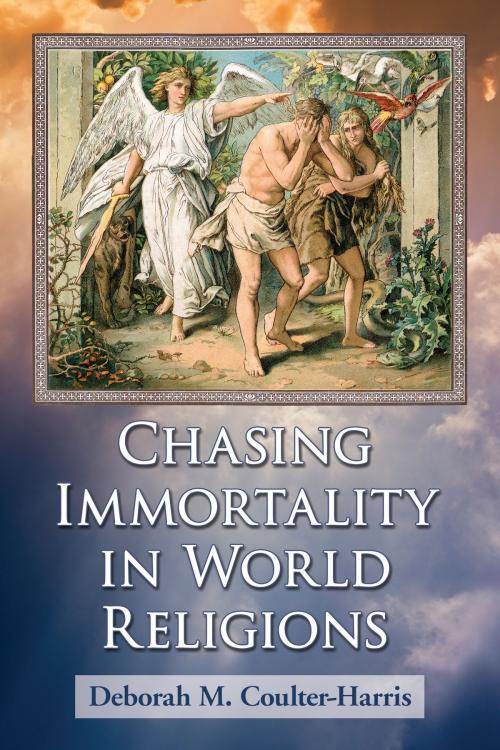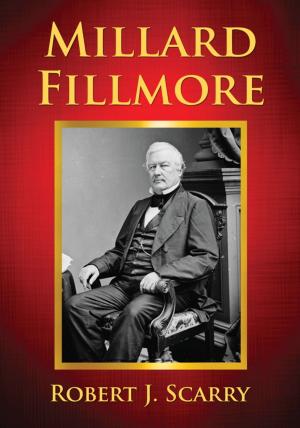Chasing Immortality in World Religions
Nonfiction, Social & Cultural Studies, Social Science, Cultural Studies, Death & Dying, Religion & Spirituality| Author: | Deborah M. Coulter-Harris | ISBN: | 9781476625249 |
| Publisher: | McFarland & Company, Inc., Publishers | Publication: | July 25, 2016 |
| Imprint: | Language: | English |
| Author: | Deborah M. Coulter-Harris |
| ISBN: | 9781476625249 |
| Publisher: | McFarland & Company, Inc., Publishers |
| Publication: | July 25, 2016 |
| Imprint: | |
| Language: | English |
Humans have been chasing immortality since the beginning of history, seeking answers to sickness and aging, death and the afterlife, and questioning the human condition. Analyzing ideas from ancient Sumer, Egypt, Greece and India, as well as the Abrahamic religions of Judaism, Christianity and Islam, this study explores how early religious models influenced later beliefs about immortality, the afterlife, the human soul, resurrection, and reward and punishment. The author highlights shared teachings among the most influential religions and philosophies, concluding that humankind has not substantially changed its conceptions of immortality in 6,000 years. This continuity of belief may be due to chromosomal memory and cultural inheritance, or may represent a fundamental way of conceptualizing the afterlife to cope with mortality. Instructors considering this book for use in a course may request an examination copy here.
Humans have been chasing immortality since the beginning of history, seeking answers to sickness and aging, death and the afterlife, and questioning the human condition. Analyzing ideas from ancient Sumer, Egypt, Greece and India, as well as the Abrahamic religions of Judaism, Christianity and Islam, this study explores how early religious models influenced later beliefs about immortality, the afterlife, the human soul, resurrection, and reward and punishment. The author highlights shared teachings among the most influential religions and philosophies, concluding that humankind has not substantially changed its conceptions of immortality in 6,000 years. This continuity of belief may be due to chromosomal memory and cultural inheritance, or may represent a fundamental way of conceptualizing the afterlife to cope with mortality. Instructors considering this book for use in a course may request an examination copy here.















